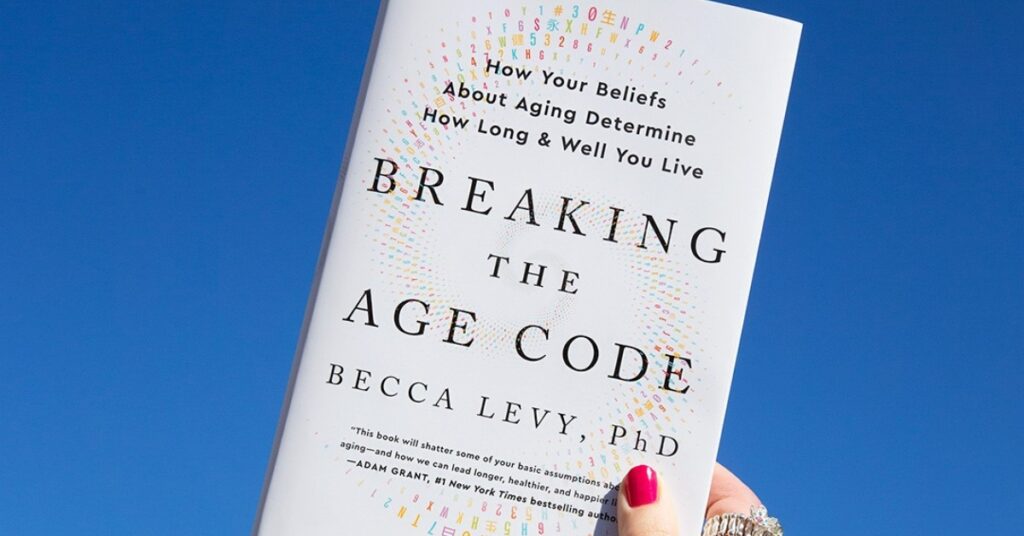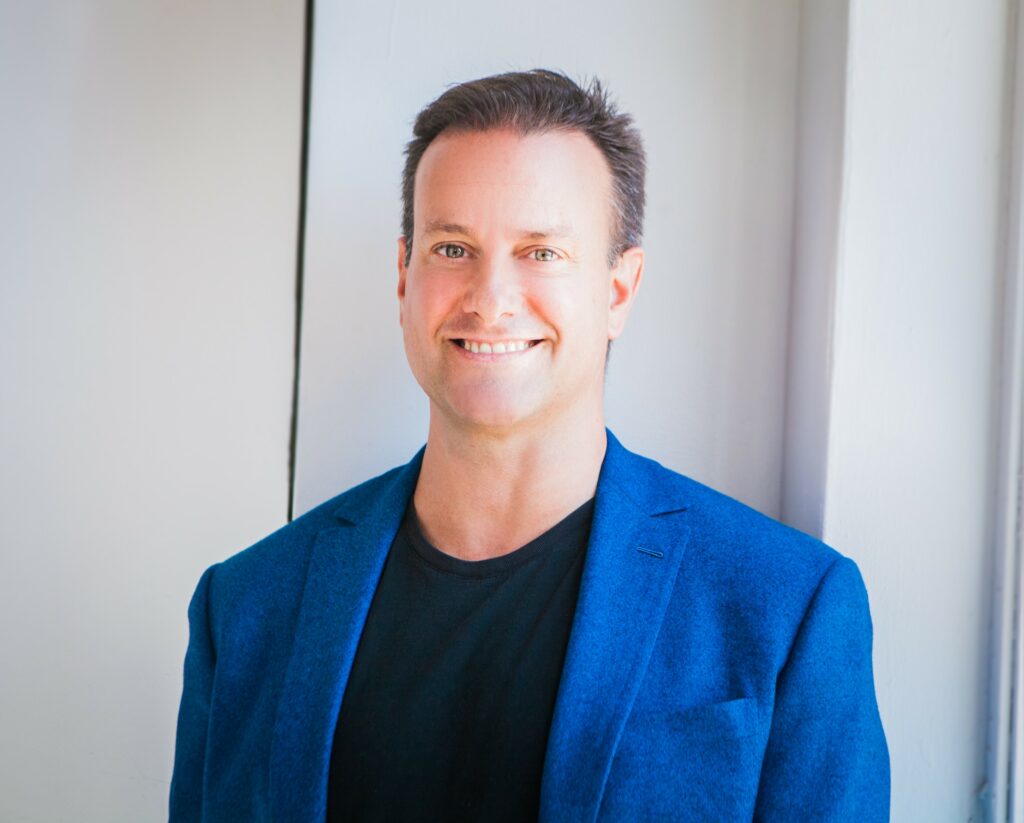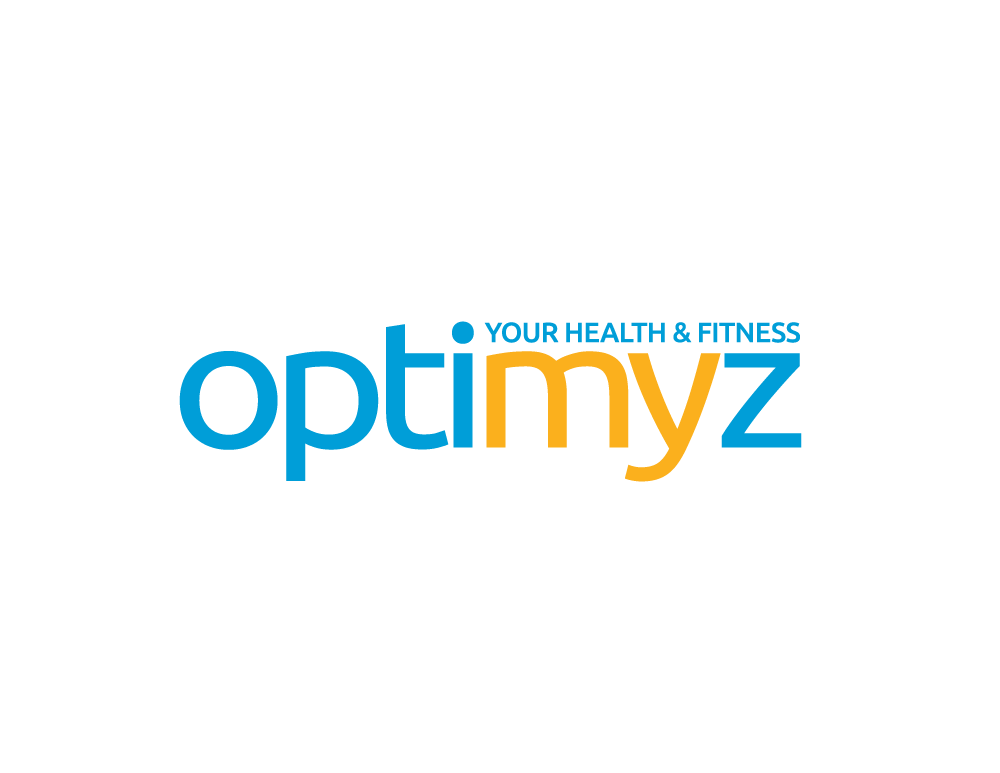Optimizing Aging: How to Age Well

How we age is in our control, says Toronto’s Dr. Greg Wells, senior scientist in translational medicine at the Hospital for Sick Children. “Exercise and being physically active can help keep your DNA young, and DNA is how we rebuild our bodies at every stage of our lives.”

In his new book, Powerhouse, Wells says aging is neither natural nor inevitable in the way most of us are doing it. That’s where our mitochondria, the cell’s internal powerhouse, play a role. “Almost all our human cells (except for red blood cells), whether brain, muscle, bone or skin, have mitochondria powering their cells,” says Wells. “Think of the mitochondria as the engine in your body, like the engine in your car. To keep it functioning, you need to ensure you’re fueling your body’s furnace with the right fuel.”
Suppose you provide your mitochondria with high-octane, healthy fuel like antioxidants and anti-inflammatory foods. Now your mitochondria will be optimized. Otherwise, eating a nutrient-deficient diet can damage your mitochondria by oxidation and inflammation. These invite accelerated aging and the diseases that come with it into our lives, making our “golden years” painful and unpleasant.
It’s time to optimize your mitochondria.

Dr. Melissa Piercell, BScH, a licensed naturopathic doctor and consultant at Wells Performance in Toronto, couldn’t agree more. Now’s the perfect time to reset your nutrition habits. One option to consider is following a plant-based diet. And don’t worry, it doesn’t mean never eating meat or dairy. “It just means choosing proportionately more of your foods from fruits and vegetables. Add more beans, lentils, whole grains, seeds, and nuts. All ideal nutrients to help fuel your mitochondria, keeping them healthy and optimized.”
“Our nutritional needs change with different life stages,” points out Piercell. And women may need to take more care to ensure they are getting all the nutrients they need, including vitamins and minerals to stay healthy. Piercell suggests anyone considering making a switch do so in small increments. Seeking out a licensed naturopathic doctor to help design the best plant-based diet tailored to your needs is a good first step. And before blindly spending money on vitamins, ensure your yearly check-up includes a full panel of blood work. This will provide the roadmap for what your body needs.
Are your mitochondria your fountain of youth? Not quite. Yet by protecting and strengthening your mitochondria for more energy, Wells feels we can reimagine a future where we can get healthy, improve our well-being, and thrive as we reach our true human potential.
You’re only as old as you feel… and think.
Yes, and by nearly eight years, as reported in the ground-breaking research conducted by Dr. Becca Levy, Yale professor and leading expert on the psychology of successful aging. In her new book, Breaking the Age Code: How Your Beliefs About Aging Determine How Long & Well You Live, Levy shows how age beliefs shape all aspects of the aging process.
“I found that older people with more positive perceptions of aging performed better physically and cognitively than those with more negative perceptions; they were more likely to recover from severe disability, remembered better, walked faster, and even lived longer.” In fact, Levy says, “many cognitive and physiological challenges we think of as linked to growing old — like hearing loss and cardiovascular disease — are also the products of age beliefs absorbed from our social surroundings. Age beliefs can even act as a buffer against developing dementia in people who carry the dreaded Alzheimer’s gene, APOE ε4.”
“Age beliefs, can steal or add nearly eight years to your life.”
In her book, Levy includes easy-to-learn, evidence-based tools to overcome ageism on an individual and a societal level. For example, she includes a section with ammunition to overcome 14 common and false negative stereotypes about aging that readers can use to discount these negative messages that we often encounter in everyday life, including as presented on social media.
Are you curious about your own age beliefs? Levy’s Image of Aging Quiz invites you to explore how you see older people. By identifying from “strongly agree” to “strongly disagree,” you match the words in the quiz with the image that comes to mind when describing an older person. Don’t worry, there is no right or wrong answer, says Levy.
Becoming more age-positive and being aware of our own beliefs can be a good first step. “All of us have an extraordinary opportunity to rethink what it means to grow old,” says Levy.
What is important is not to let aging define you. And don’t look at it as a negative experience. It’s time to embrace the positive experience of growing older. Now you have the time to pursue your dreams and passions, be more social, and don’t forget the wisdom and cumulative knowledge that comes with growing older by living a full and happy life. And take Wells’ PowerHouse advice – elevate your energy, optimize your health, and supercharge your performance.
The fact is that we are all aging – the question remains how we age.
Levy’s tip: “If there is a code to aging well — a system or a method — age beliefs are a part of it.”

